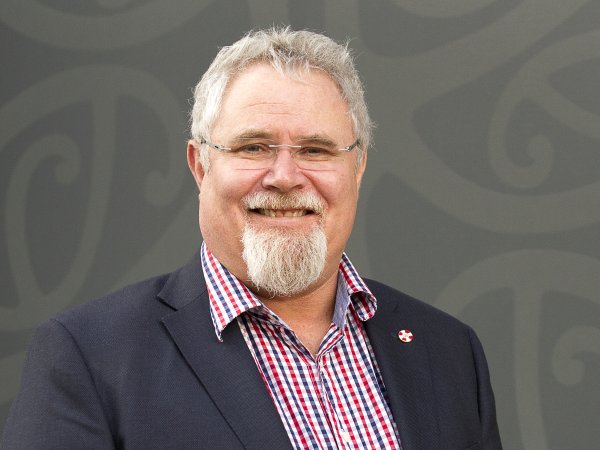Richie Poulton
Remembering Richie
We invite you to join in a celebration of the life of Late Emeritus Distinguished Professor and Director of the Dunedin Multidisciplinary Health and Development Study, The Dunedin Study. Produced by Jonathan Molloy, Richie and family speak to the immense māhi Richie dedicated his life to and the taonga that they passed on to us.
Richie Poulton

MSc PGDipClPs (Otago) PhD (NSW)
Late Emeritus Distinguished Professor and Director
Professor Poulton (CNZM, FRSNZ), is the recently retired Director of the world-renowned Dunedin Multidisciplinary Health and Development Research Unit (known as the Dunedin Study) and a respected and admired colleague and friend to many.
His service to his field of research, and to the community he worked so hard for, has been outstanding and this loss will be felt by people around the world.
A recipient of Otago’s Distinguished Research Medal, the significance of his work was recognised most recently when the Dunedin Study was awarded the prestigious Rutherford Medal last year.
Professor Poulton had a long involvement with the University of Otago that started when he began his studies in psychology more than 30 years ago. He graduated from Otago with a Bachelor of Science majoring in Psychology; Postgraduate Diploma in Science, in Psychology; Postgraduate Diploma in Clinical Pathology; and Master of Science, in Psychology.
He first worked with the Dunedin Study in 1985 as a research assistant and became Director in 2000.
Our thoughts are with Professor Poulton’s family, especially his wife Dr Sandhya Ramrakha and their daughter Priyanka, the Dunedin Study team, and all his friends and colleagues in the Department of Psychology and across the wider University.
You can read Professor Poulton’s obituary here: Remembering Emeritus Professor Richie Poulton | University of Otago
Richie's Final Interview
Speaking to John Campbell for TVNZ’s Sunday programme in his final interview, Professor Poulton spoke of his own pride in the study, and his gratitude to those who’ve opened their lives up to it.

